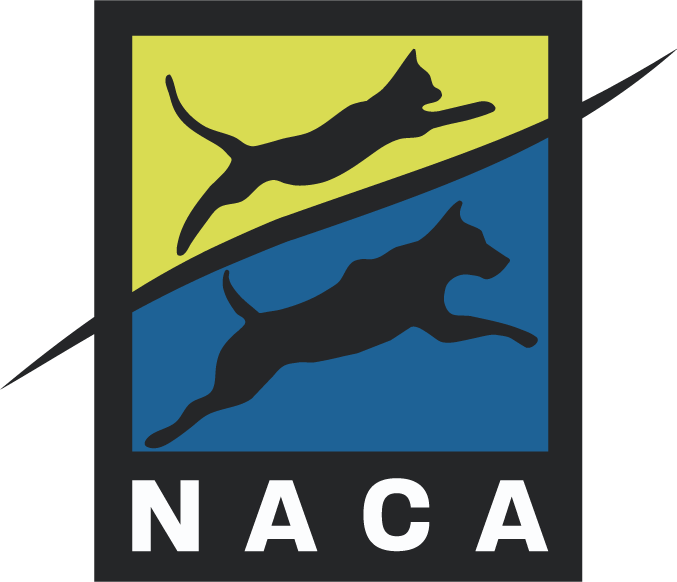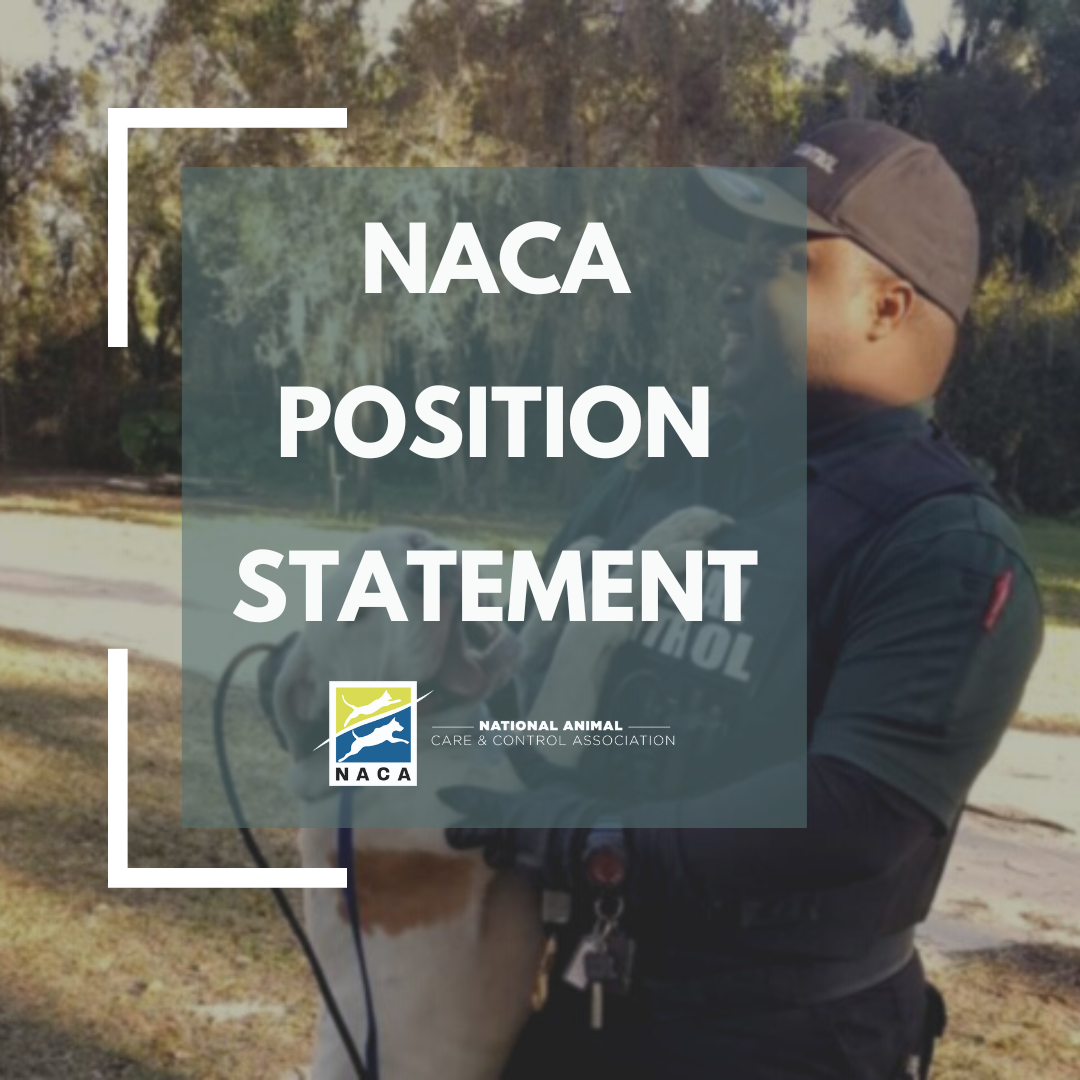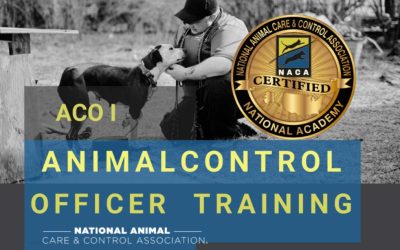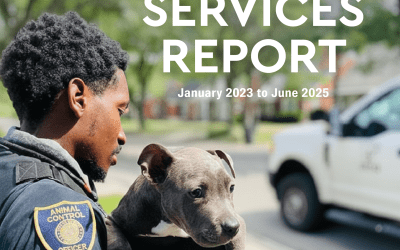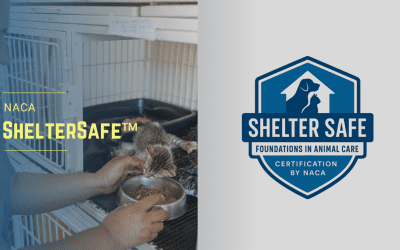It is the position of NACA that every animal control officer should receive, at minimum, the below-outlined training. Requiring minimum training standards will increase safety for officers, animals, and the communities they serve. Furthermore, it is the position of NACA that officers should be required to complete continuing education units to remain relevant and current with national trends and evolving standards.
The recommendations outlined in this document are intended to serve as support to officers and agencies who are advocating for professional development training and funding for training for their officers.
Animal Control Officers (ACOs) perform a variety of services related to pets and people. They work long hours, in dangerous situations, in inclement weather, and oftentimes with inadequate resources, training, and equipment. Animal control officers in most areas are responsible for more than enforcing animal laws; they also assist law enforcement as the animal experts in their community, provide the services of social workers, risk their lives as emergency responders, mitigate community member conflicts, and much more. They work closely with the justice system, including prosecutors and judges, local and state law enforcement agencies, elected and appointed officials, the state veterinarian and health department, the local rabies authority, the fire department, code enforcement, and social services agencies. Although not traditionally classified as first responders, animal control officers perform essential work ensuring public safety for humans and animals.
Animal Control Officers should, at a minimum be trained on:
- Animal behavior and safe animal handling
- Communication and de-escalation techniques
- Public perception
- Multicultural community engagement; Diversity, equity, inclusion, and belonging.
- Animal first aid
- Basic animal investigations including but not limited to:
- Search warrants
- Evidence collection and preservation
- Report writing
- Courtroom procedures and testimony
- Animal health including but not limited to:
- Nutrition
- Disease recognition, zoonosis, prevention, and herd health
- Animal husbandry
- Local, state, and federal laws relating to animal cruelty and neglect.
- Rabies prevention and processes
In today’s world, it is vital that animal control officers are trained to safely perform their job. Ensuring minimum training standards are met across the nation will help improve accountability, consistency, retention, and reputation, and increase the professionalism of the animal control officer by proactively identifying skill gaps.
NACA recommends when selecting a training vendor other than NACA, that industry best practices are used in helping to determine your selection:
- Does the training provider understand the culture of today’s animal care and control
professional and the evolving complexities of the role? - What accreditation do they offer?
- Approval or endorsement by NACA is a stamp of quality.
- Do the trainers possess the expertise and experience you are looking for?
- Do they offer multi-channel and innovative learning methodologies?
- Do they measure progress and record attendance?
- Can they customize their content to suit your agency’s needs?
- Ask for recommendations from other trusted professionals.
A list of NACA endorsed training sources can be found on the NACA Training webpage: National Animal Care & Control Association | NACA Professional Development for ACOs (nacatraining.org)
The National Animal Care & Control Association is committed to setting the standard of professionalism in animal welfare and public safety through training, networking, and advocacy.

